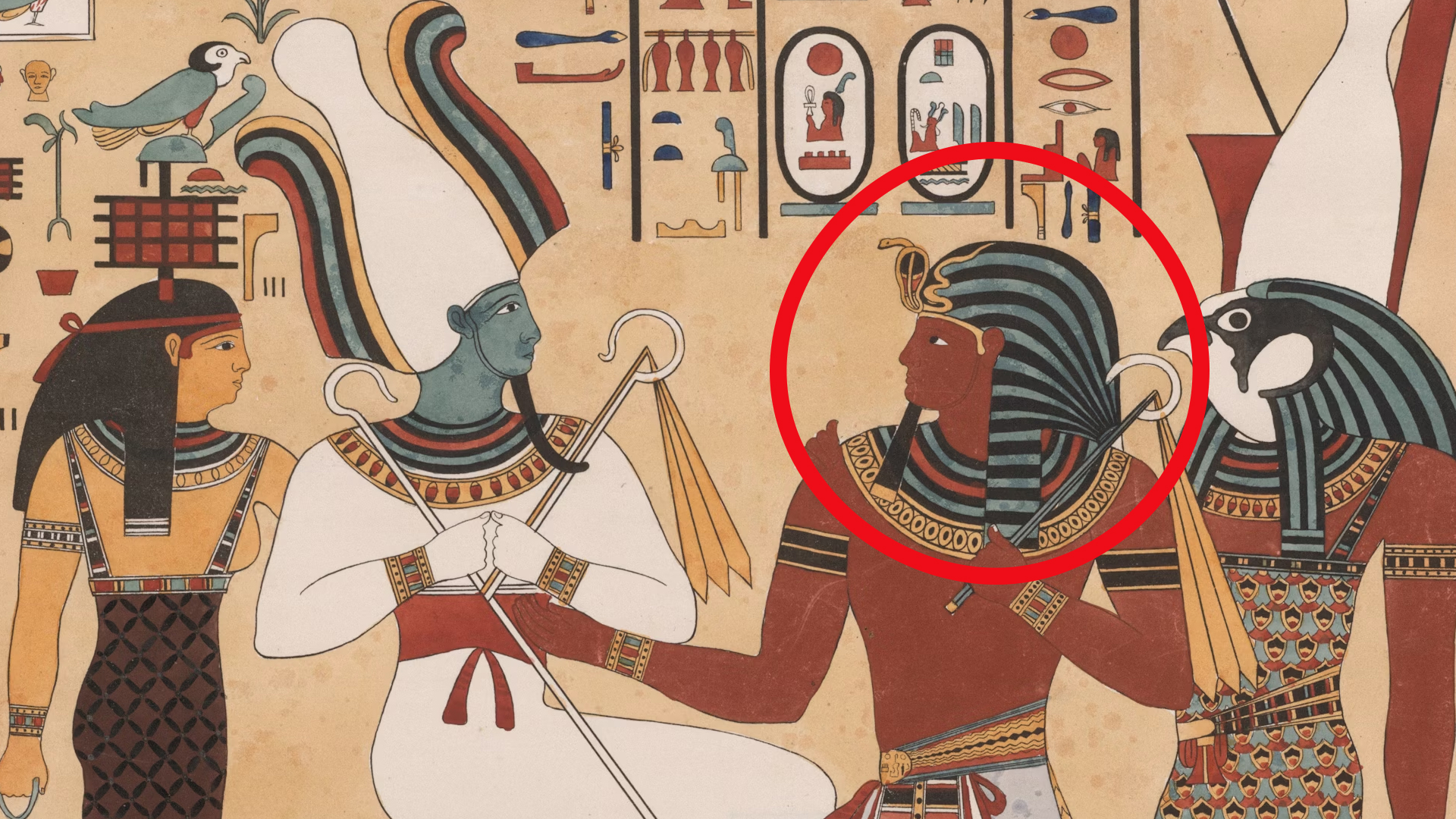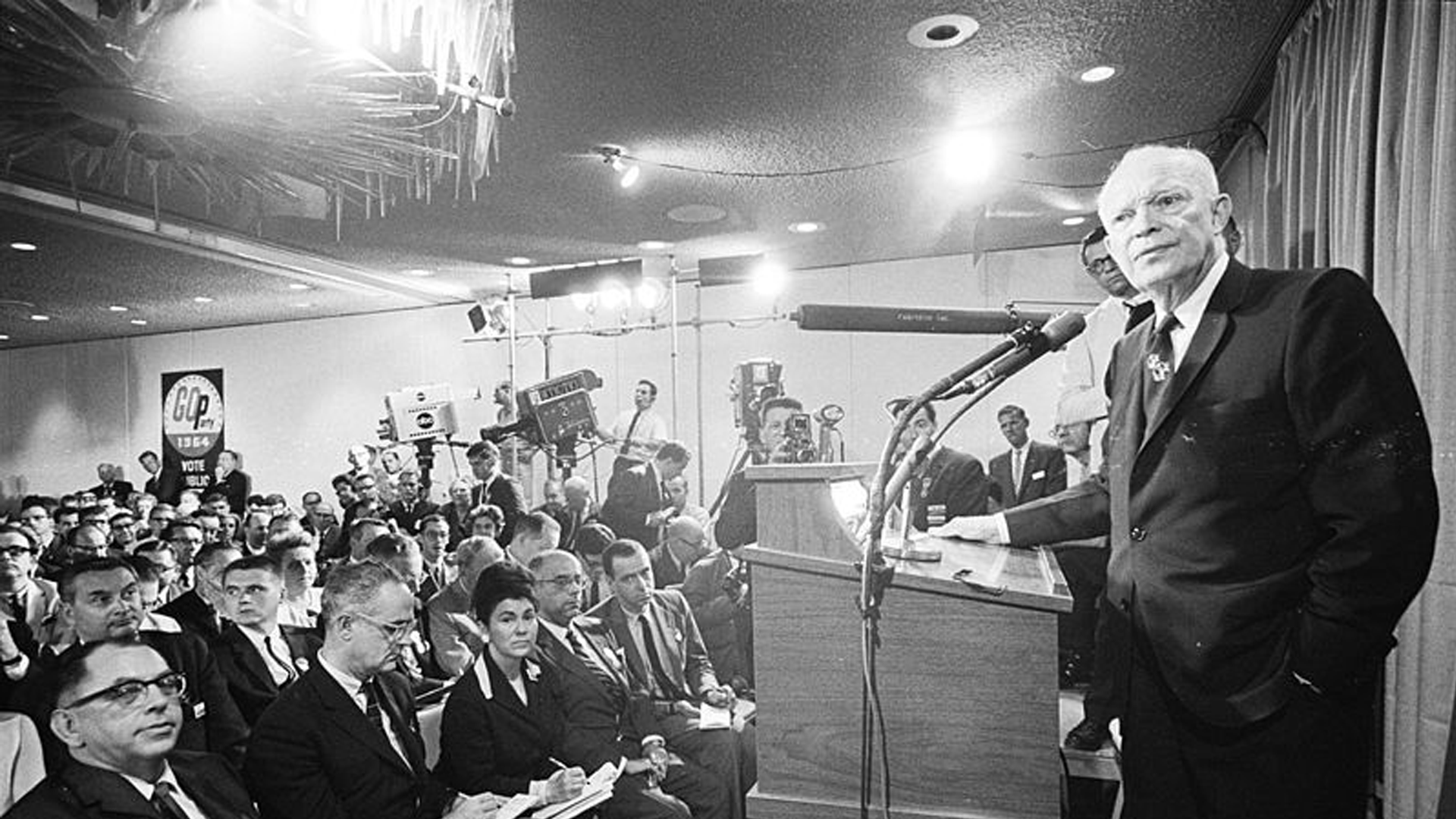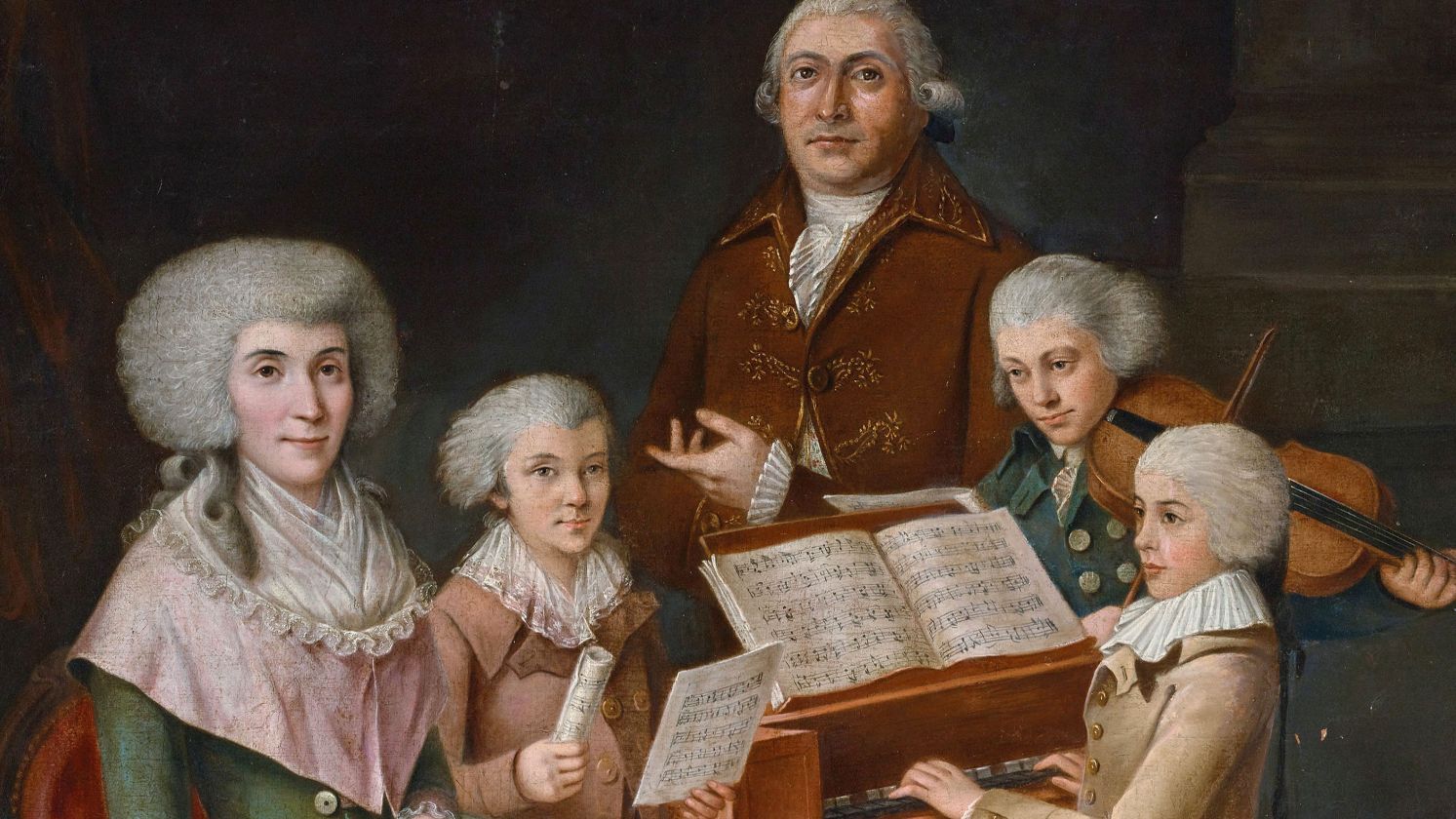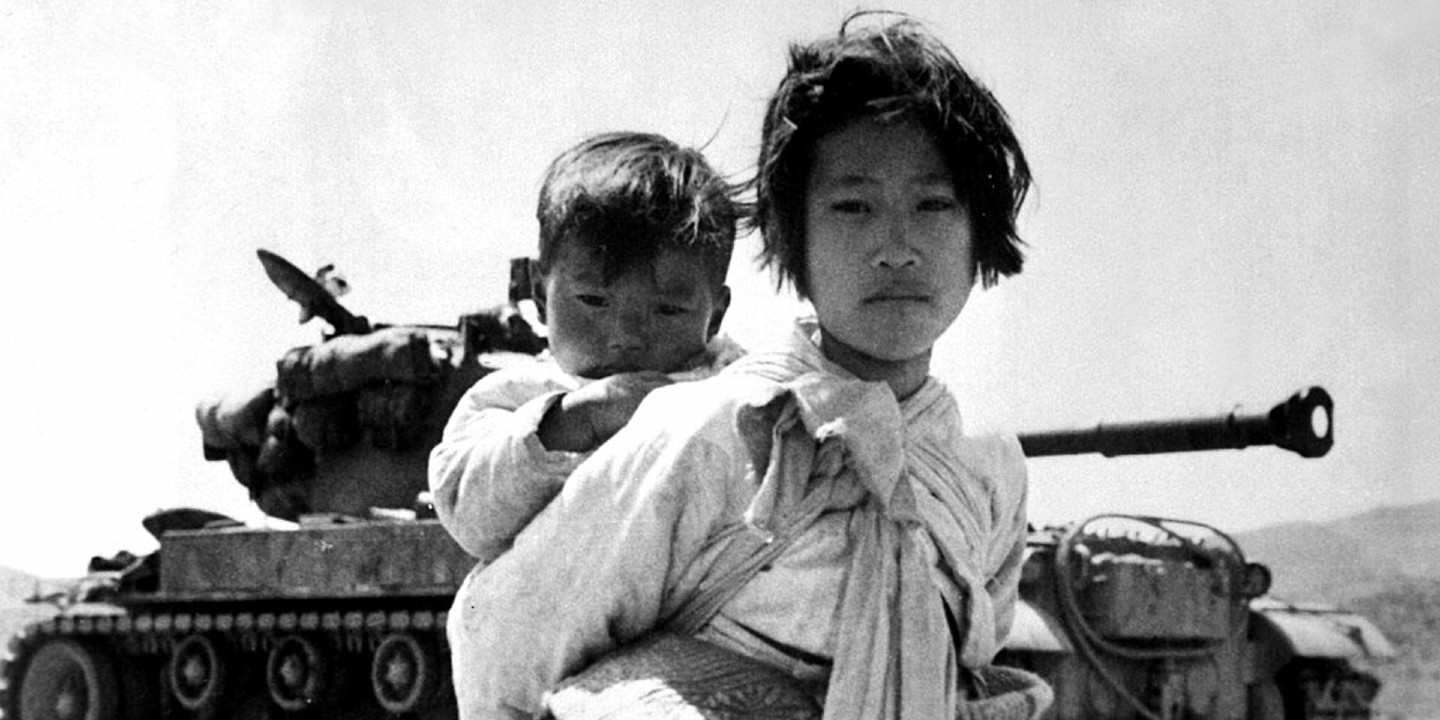America’s Surprising Firsts
America loves to be first, as there are plenty of moments in history where the U.S. took the leap before anyone else even thought of it. We're talking about some seriously quirky, sometimes downright unexpected firsts that shaped the world in ways you might not have known. So, let’s take a look at 20 things the U.S. did first, leaving other countries trailing behind.
1. First Successful Powered Flight
In 1903, the famous Wright brothers, Orville and Wilbur, achieved the successful powered flight in Kitty Hawk, North Carolina. The aircraft, called the Wright Flyer, flew for 12 seconds, covering 120 feet. This historic event launched the era of modern aviation.
2. First Walk On The Moon
When Armstrong stepped onto the Moon in 1969, he made a statement. The American flag was planted on lunar soil, forever marking a new frontier for humankind. It's a symbol of ambition, exploration, and what can be achieved when we aim for the stars.
 NASA on The Commons on Wikimedia
NASA on The Commons on Wikimedia
3. First Computer
Imagine the clunky, enormous machines of the 1930s—now imagine one built solely to process calculations faster than any human. That’s exactly what John Atanasoff and Clifford Berry did with their Atanasoff-Berry Computer, laying the first stone for the computing world we now live in.
 Ik T from Kanagawa, Japan on Wikimedia
Ik T from Kanagawa, Japan on Wikimedia
4. First Artificial Heart Transplant
Think of your heart giving out and doctors handing you a mechanical one instead. Sounds like sci-fi, right? Well, in 1982, that actually happened in the U.S. when Dr. Barney Clark became the first one to receive a permanent artificial heart with a device called the Jarvik-7.
 National Heart, Lung and Blood Institute (NHLBI) on Wikimedia
National Heart, Lung and Blood Institute (NHLBI) on Wikimedia
5. First National Park
Yellowstone, designated as the world’s first national park in 1872, stands as a testament to the U.S.'s commitment to preserving natural beauty. With its iconic geysers, hot springs, and diverse wildlife, it set a global precedent for conservation.
 Brocken Inaglory edited by Muhammad on Wikimedia
Brocken Inaglory edited by Muhammad on Wikimedia
6. First Social Security System
In 1935, Franklin D. Roosevelt willingly passed the Social Security Act into law. This established a federal safety net for retirees and the disabled. It was the first such program of its kind, offering vital financial support that has since been essential to American society.
 FDR Presidential Library & Museum on Wikimedia
FDR Presidential Library & Museum on Wikimedia
7. First Internet Domain
Symbolics Inc. made the first move in what would become a digital revolution. By registering the domain name symbolics.com, the company unknowingly marked the birth of the Internet as we know it today. From this small beginning, an entire world of interconnectedness blossomed.
8. First Modern Submarine
The U.S. Navy introduced the first modern submarine, the USS Holland, in 1900. Unlike earlier designs, it could dive, resurface, and stay underwater for long durations. Hence, it changed naval warfare and paved the way for today's fleet of nuclear-powered submarines.
 Official U.S. Navy Photograph, now in the collections of the National Archives. on Wikimedia
Official U.S. Navy Photograph, now in the collections of the National Archives. on Wikimedia
9. First Synthetic Fiber
American chemist Wallace Carothers invented Nylon, the first commercially successful synthetic fiber. Developed at DuPont, it quickly transformed industries from fashion to manufacturing. This way, nylon stockings became a household staple.
10. First Man-Made Satellite Launch
Explorer 1, launched on January 31, 1958, was America’s first successful satellite. It marked the U.S.'s entry into the space race. The satellite, designed by Dr. Wernher von Braun and the Jet Propulsion Laboratory, helped discover the Earth's radiation belts.
11. First National Election With Women Voting
Thanks to the 19th Amendment, passed in 1920, women across the U.S. were allowed to vote in the presidential election. This landmark event opened the door for women's participation in politics, forever altering the nation's democratic front.
 Benjamin Moran Dale (1889-1951), for the National American Women's Suffrage Association on Wikimedia
Benjamin Moran Dale (1889-1951), for the National American Women's Suffrage Association on Wikimedia
12. First Telephone Call
On March 10, 1876, Alexander Graham Bell made a historic call that would change everything: “Mr. Watson, come here, I want to see you.” That simple sentence marked the beginning of a new communication era.
13. First Electric Lightbulb
Thomas Edison’s invention of the practical electric lightbulb (1879) changed the world. While others had experimented with electrical lighting, Edison's was the first to be commercially viable. This innovation illuminated homes and streets.
 Uploaded at enwp by User:Alkivar on Wikimedia
Uploaded at enwp by User:Alkivar on Wikimedia
14. First Commercial Airline Flight
In 1914, the world’s first scheduled commercial airline flight took place in St. Petersburg, Florida. The aircraft, a Benoist XIV, carried one passenger and a mailbag across a 21-mile route. It’s incredible to think how far air travel has come since that brief flight.
 Florida Photographic collection on Wikimedia
Florida Photographic collection on Wikimedia
15. First National Bank
Alexander Hamilton, in 1791, pushed the creation of the First Bank of the United States. It wasn’t just about banking—it was about building a nation’s financial backbone. With this bank, America set the stage for an economic system that would thrive and evolve over centuries.
 Carol M. Highsmith on Wikimedia
Carol M. Highsmith on Wikimedia
16. First Trains Powered By Electricity
The U.S. launched the first electric-powered train in Baltimore (1895). This innovation provided an early glimpse into modern electric transportation, marking a significant step in reducing dependence on steam power. Electric trains today serve millions of people worldwide.
 Internet Archive Book Images on Wikimedia
Internet Archive Book Images on Wikimedia
17. Rolled Out The First Mass-Produced Car
In 1908, the Ford Model T revolutionized transportation and manufacturing. Henry Ford’s use of the moving assembly line made car production faster, cheaper, and scalable—turning what was once a luxury into a product for the average American.
 Bernard Spragg. NZ from Christchurch, New Zealand on Wikimedia
Bernard Spragg. NZ from Christchurch, New Zealand on Wikimedia
18. First Food Safety Regulations
In the early 1900s, the contents of your sausage were a mystery you didn’t want to solve. That all changed in 1906 when the U.S. introduced the Pure Food and Drug Act and the Meat Inspection Act. From mystery meat to mandatory labels, America led the way in making sure our food was safer and less unsettling.
19. First Commercial Nuclear Power Plant
The U.S. opened the world’s first commercial nuclear power plant at Shippingport, Pennsylvania. This marked a new era in energy production. Today, nuclear energy powers countless homes and businesses, illustrating how America led the world in harnessing atomic power for civilian use.
 Nuclear Regulatory Commission from US on Wikimedia Commons
Nuclear Regulatory Commission from US on Wikimedia Commons
20. First Successful Transatlantic Flight
Charles Lindbergh, a 25-year-old mail pilot, became the first person to fly solo (1927) and nonstop across the Atlantic. No co-pilot, no fancy tech—just a sandwich, some coffee, and nerves of steel. His plane, the Spirit of St. Louis, took off from New York and landed in Paris 33 hours later to a hero’s welcome.
KEEP ON READING

The Mysterious "Sea People" Who Collapsed Civilization
3,200 years ago, Bronze Age civilization in the Mediterranean suddenly…
By Robbie Woods Mar 18, 2025
The Turning Point: 20 Facts About The Battle of Normandy
Normandy Changed The Game. The Battle of Normandy marked a…
By Chase Wexler Jun 4, 2025
20 Important Names From World War II You Should Know
Key Players From World War II (For Good or Bad).…
By Cathy Liu Nov 7, 2024
The Musical Prodigy: 10 Fascinating Facts About Mozart & 10…
Secrets Behind the Symphony. Wolfgang Amadeus Mozart remains one of…
By Chase Wexler May 5, 2025
20 Ancient Architectural Wonders That Will Boggle Your Mind
Ancient Marvels That Have Withstood the Test of Time. From…
By Christy Chan Feb 12, 2025
Everything You Need To Know About The Korean War
It Shaped More Than Just A Country. The Korean War…
By Emilie Richardson-Dupuis Nov 8, 2024








